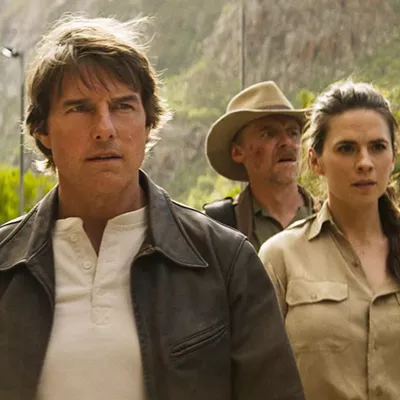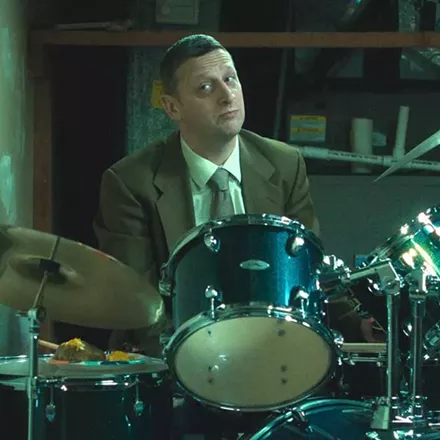The boring professor drones on about how correlation doesn’t necessarily equal causation. Ah, the popular economist counters, but what if it does?
That’s the premise of Freakonomics. It’s all about finding unexpected connections, and then exploring why those things appear to be connected.
When Stephen Dubner and Steven Levitt first wrote Freakonomics, the book, it was cleverly tailored to be controversial — lucratively controversial. The most widely discussed argument postulated that the rise in abortions after Roe v. Wade — by removing the number of unwanted children — was the primary cause of the dramatic drop in the crime rate during the ‘90s. Other chapters explored the less provocative questions: How do children’s names affect their lives? How can we use data to determine if cheating is going on in SATs or sumo wrestling?
Last year, a documentary adaptation covered the same ground, with a $10 million budget, a lineup of star directors, and the full arsenal of stylistic tricks that “docutainment” masters like Michael Moore and Morgan Spurlock use to create smash hits. (Spurlock writes and directs episodes here, too.)
But Freakonomics may be too entertaining. Important points are illustrated through goofy cartoons or exaggerated reenactments. Jaunty ain’t-we-goofy music underscores many scenes. Sound effects — about as subtle as a wacky morning drive-time DJ’s — are pervasive. The camera whip-pans with a whooooosh, 3D text pops up with a blooop, a horn parallels a thought screeching to a halt. Each chapter boasts a different style of visual gimmickry, but when CGI and It’s a Wonderful Life clips pop up during the chapter on the correlation between abortion and crime rates, it seems tacky and grotesque.
The documentary adds new flavor — but very little new meat — to an already entertaining book. Evidence is glossed over, and Levitt doesn’t even use his own methodology fully.
In the five years since the book was published, Freakonomics could have explored Levitt and Dubner’s research more deeply or interviewed the many economists and pundits with objections to Levitt’s claims. Instead, you get only a CliffsNotes pop-up version of the book. (Rated PG-13)
























